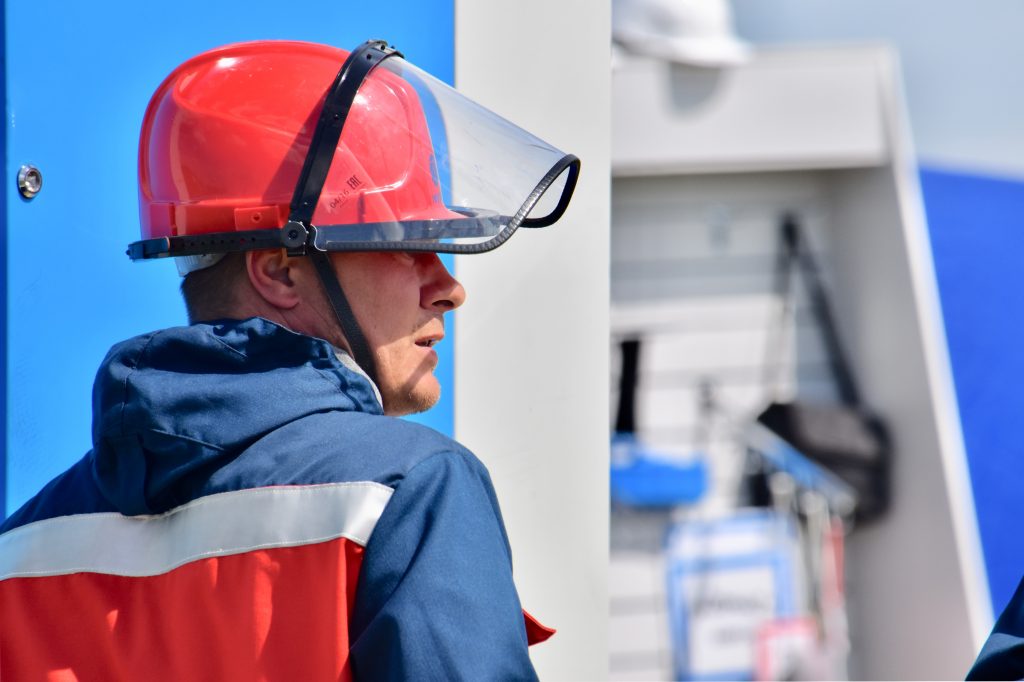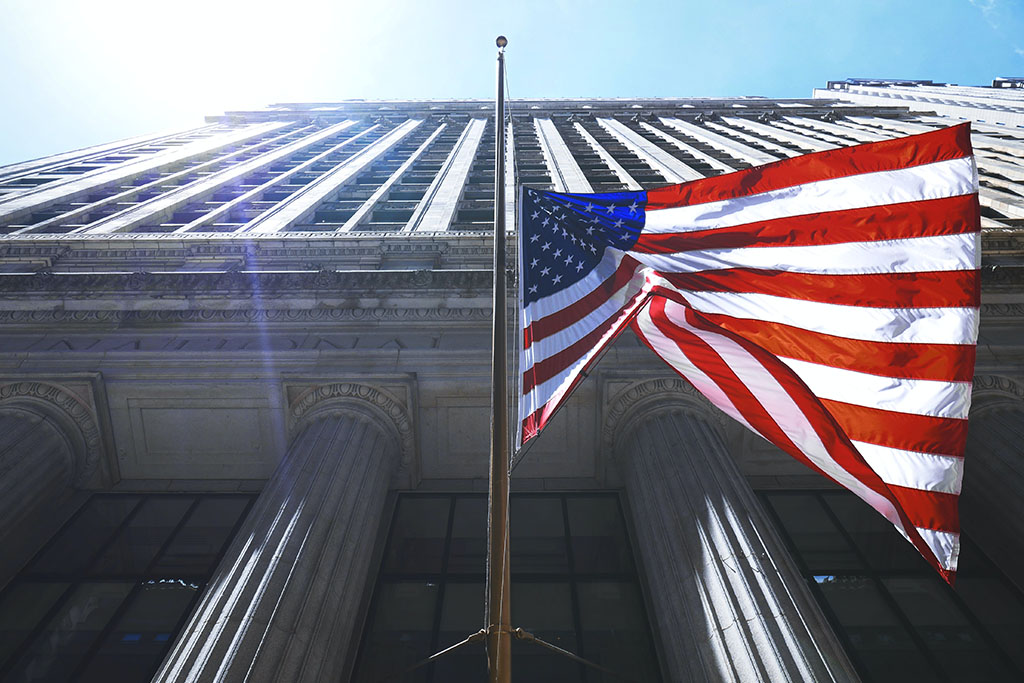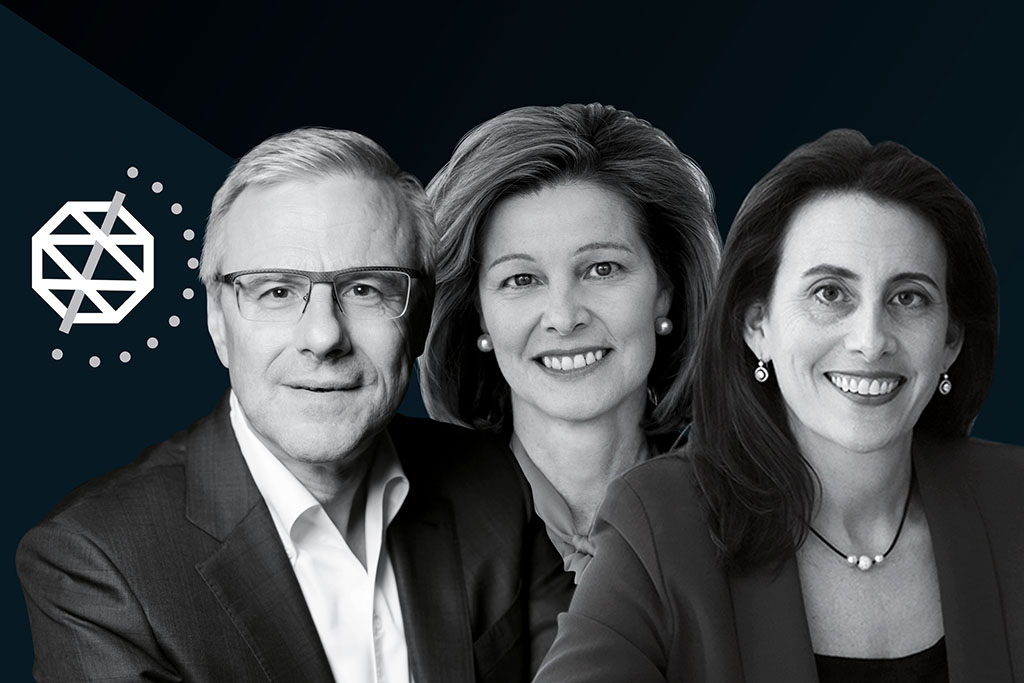
Last month the fully virtual FU.SE Digital 2020 conference explored these critical aspects of the future of the world of work. And if these topics weren’t complex enough on their own, COVID-19 has played its part in accelerating existing trends and precipitated rapid and fundamental change in how we work and interact.
The latest episode of the Way To Work podcast, co-developed by Monocle and The Adecco Group Foundation, features speakers and thought-leaders who participated in the FU.SE Digital conference and who offered their take on what work could look like post-pandemic. Here are their conclusions:
In developed countries, we will run out of people before we run out of jobs
As economies reorientate to include more remote, hybrid, and digital working, the need to re-skill and upskill people becomes critical – both for the people, but also for company competitiveness and national economic recovery and resilience. Hans-Paul Bürkner, chairman of The Boston Consulting Group, capturing the complexity of the challenge of closing the skills gap, said: “In developed countries, we will run out of people before we run out of jobs. Education and skills training is key and not just for scientists and software engineers, but also for plumbers and construction workers and those people who will look after old people and sick people.”
This sentiment was echoed by Anand Chopra McGowan, head of EMEA at General Assembly who cited COVID-19 as a catalyst that had accelerated the demand for people with skills in digitization and automation as the world went online to live their lives during lockdown. And whereas companies used to attract talent from top universities or finding people outside their organisation with those skills, that pipeline is insufficient to meet growing demand, so companies are having to implement far-reaching programmes to retrain existing people in new skills.
Anand said this was also affecting how companies view and value ‘good employees’ and prompting everyone to take more control of their own careers. The days of the employee joining a company from university and staying until retirement are fading, while employers are having to find innovative ways to facilitate careers that are more fluid. He cited companies that viewed talent as an ‘ecosystem’ where employees spend periods both inside and outside the business, at which point, they are invited to join an actively managed company ‘alumni’ of future talent.
Global HR leader, Janina Kugel, identified the core diversity and inclusion (D&I) challenge in many organisations: “Most of the decision-makers do not represent the wider population of the company or the country – if you realise that and work on it, you can take better decisions.”
Alexandra Robinson took a generational lens to the issue of D&I. As global president of the youth organization AIESEC which works to develop leadership in young people through cross-cultural internships and volunteer experience, she shared a stark statistic: “50% of the global population is under 30 years old.”
In this context, she said, no discussion on the future of work can take place without engaging young people, some of whom will be the leaders and CEOs of tomorrow. She said young people needed to learn to speak the language of today’s decision-makers so they can effectively engage with them. She wanted to see this achieved not only by young people having a seat at the decision-making table, but by ‘co-owning the table’ and with a chance to co-create solutions and co-govern the process.
Diversity & inclusion are beyond corporate responsibility – they are an asset
Gina Badenoch, founder of Capaxia, initially focused on the cultural aspects of D&I and called for the redesign of recruitment processes to harness the potential talent available in a diverse and interconnected world. “We have enough data showing that having a diverse workforce benefits innovation and makes an organisation more competitive, but also customers are looking for businesses that are more diverse.”
Her action plans include ongoing story-telling and internal and external engagement around the benefits of D&I – led by the C-suite and more ‘blind interviews’ where the recruiter doesn’t see the candidate for the first part of the interview. “If orchestras can do blind auditions, companies can do blind interviews,” she said. In addition, she urges that filters and algorithms in recruitment processes should be reviewed and altered to focus on the individual rather than an academic or experience profile.
As far as the interaction human and machines is concerned – this should not be seen as a ‘zero sum game’ with winners and losers, rather technology must be well-researched and its deployment should be an inclusive process.
Malissa Hollister, assistant professor of Organizational Behaviour at McGill University said there was always a concern about ‘what can and will be automated and what breadcrumbs will be left over for humans, once machines can do everything.’ She first sees heavy investment in augmentation – where machines help improve human skills and decision-making.
She highlighted the importance of thinking in practical terms about what any future human/machine interaction really looks like and therefore what skills and capabilities needed to be developed. “Does everyone need to be able to code and what about the value of empathy and creativity? How can we ensure that tech can be a potential fix for D&I challenges, while keeping in mind the potential of tech to exacerbate bias?”
To listen to the full episode of the Way To Work: FU.SE Digital 2020, click here. To listen to the previous episodes of the podcast, click here.


